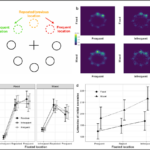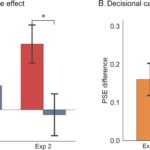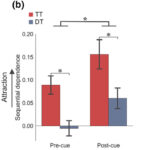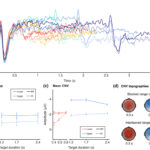Recently Stanković et al. (2024) used a novel dual-target search paradigm to investigate influence of state anxiety on stimulus-driven attentional capture. And we found that participants performed faster and more accurately in trials without the salient distractor compared to those with distractors, and they performed better in tasks presented on the center than the periphery. However, despite a significant increase in self-reported anxiety in the anxiety-inducing session, their performance remained comparable across both anxious and neutral sessions. This resilience is likely due to compensatory mechanisms that offset anxiety, a result of the high demands and working memory load inherent in the dual-target task.
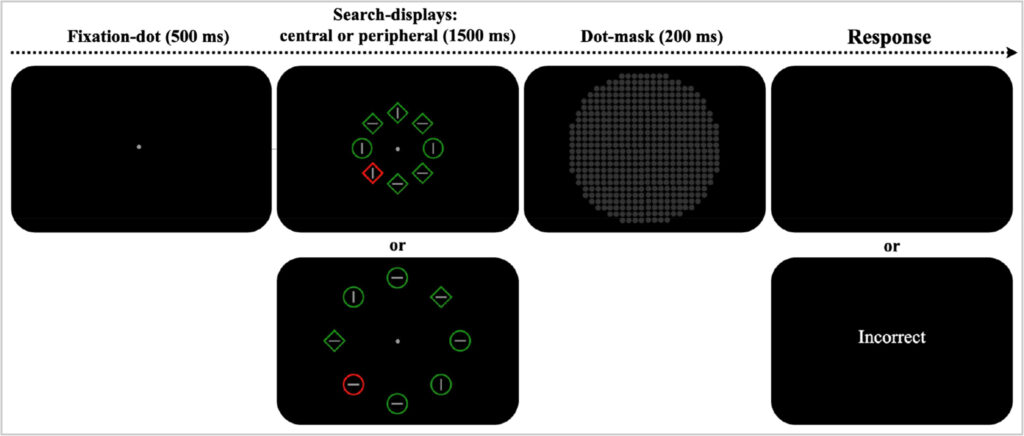
Stanković, M., Allenmark, F., & Shi, Z. (2024). High task demand in dual-target paradigm redirects experimentally increased anxiety to uphold goal-directed attention. Perception, 03010066241232593. https://doi.org/10.1177/03010066241232593
